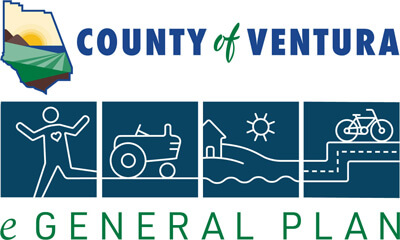The County shall update the Building Code to include a mandatory Energy Reach Code.
REA
COS-R Performance-Based Building Code for Green Building
The County shall maintain and update as needed the Building Code to establish performance-based standards that incentivize green building techniques.
COS-Q Incentives for Development of Renewable Energy Projects
To incentivize the development of the Renewable Energy projects, the County shall consider waiving permit fees for renewable energy generation or storage projects.
COS-P Study to Demonstrate Energy and Greenhouse Gas (GHG) Savings
The County shall conduct a study that demonstrates the energy and greenhouse gas (GHG) savings of the options identified in Implementation Program COS-R using modeled building prototypes. To satisfy state regulatory requirements for Energy Reach Code adoption, the study shall also demonstrate long-term cost savings of the options through a life-cycle cost analysis that considers the initial costs of efficiency improvements offset by utility bill cost savings and other relevant factors.
COS-O Assessment of Land Near Electrical Transmission and Distribution Lines
The County shall conduct a study and prepare a publicly available assessment of suitable undeveloped lands near electrical transmission and distribution lines that serve as priority areas for the development of utility-scale solar energy generation and storage projects. If suitable locations are identified, the County shall establish a new zone, if necessary, called a Renewable Energy Priority Zone, for these sites in the County’s Coastal and Non-Coastal Zoning Ordinances.
COS-W Energy Efficiency and Conservation Program
The County shall develop a behavior change program for energy efficiency and conservation. This program would provide energy literacy training for low-income customers on buying energy-efficient products or using energy more efficiently; develop and offer digital applications offering real-time energy use information to residents and businesses; offer anonymized data on community energy use for residents to compare performance; and provide rewards or rebates for improved energy conservation.
